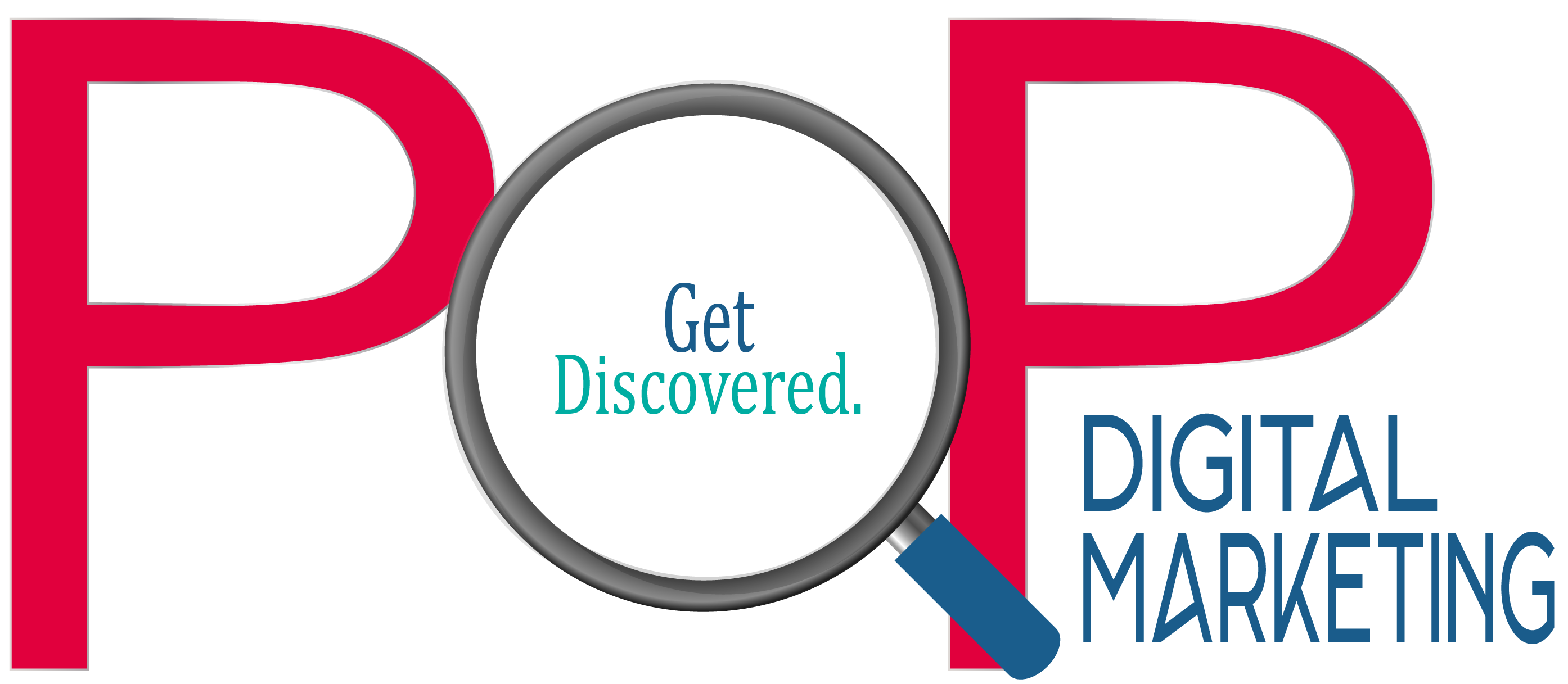SEO, an acronym for ‘search engine optimization’ has become an absolute necessity in digital marketing. Optimizing your site for Search Engines requires a lot of strategic planning, many spreadsheets and hours of research. For most companies ongoing optimization requires a full-time employee or consultant dedicated to just that. While your site may have already been and hopefully continues to be optimized with appropriate and research based Headers, Meta Descriptions and Keywords, there are still quite a few strong methods of increasing organic traffic that you need to utilize.
Here are 5 SEO Hacks You Need To Know:

1. Webmaster Tools
- Google Webmaster Tools is a brilliant way for digital marketers to analyze and track the success of their site optimization. Use webmaster tools to check on keyword rankings, positions and click-through rates. You can also see if your site has been flagged for any spam or other issues preventing you from ranking higher.
2. Blog
- Your blog is going to become your greatest asset in increasing your online authority with both search engines and customers. Every time you create new content you are giving search engines a jolt to crawl your site. Tip: Use the keywords you find in webmaster tools to generate new blog ideas!
3. Social Media
- First and foremost, you need to create a Google Plus business page….now. Secondly, make sure you are sharing your web pages and content on the platform as Google Plus posts get crawled and indexed almost instantaneously. According to The Moz Correlation Study in 2013 “After Page Authority, a URL’s number of Google +1s is more highly correlated with search rankings than any other factor. In fact, the correlation of Google +1s beat out other well known metrics including linking root domains, Facebook shares, and even keyword usage”.
- Also, do make sure you have a presence on all the other social media platforms. Alike Google Plus, public posts on each of the other platforms also play a role in rankings. If a post is shared, liked or pinned- the search engines see that past/page/event/product as a true authority on that subject.
- Make sure each and every page, post, product and event have social media sharing buttons. You need to make the process of sharing as easy as possible for your fans.
4. Website Speed
- Your website speed is an important element in search rankings. Google will measure a “page load time” and will factor those numbers in to its ranking algorithm. Load speeds may slow down if you have many large graphics on the page or unused plugins on your site. See your page load time statuses on Webmaster Tools.
5. Quality and Relevant Content
- Search engines value the user experience more now than ever before. If the content of your site is relevant to the search terms you show up for, your site will be rewarded with higher rankings. For example, if you sell video cameras on your site, but populate your adwords or meta descriptions with keywords like “iPhone Cameras”, the search engines will stop showing your page because of a problem with relevancy. Make sure the keywords you are using to optimize coincide with what the user will see and get from the page they land on.
- This rule also applies to quality content. Each page has the ability to provide visitors and users with a unique experience. The on page content should be populated with everything the visitor wants to know about the product or service. The quality of the content is a factor to your rankings, so make sure you have a optimization expert creating the best user experience possible!



Recent Comments